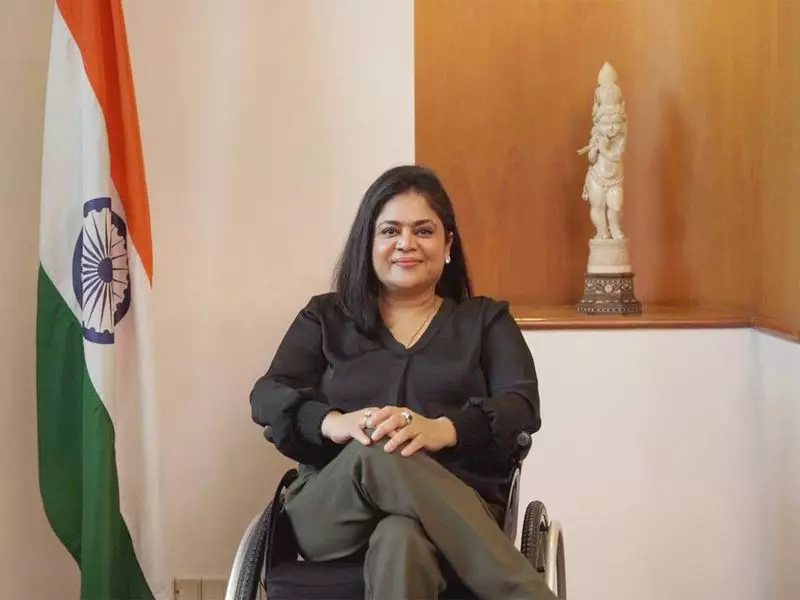
In a powerful statement ahead of the upcoming National Summit on Accessibility, business leader and accessibility advocate Sminu Jindal has positioned inclusive design as India's untapped opportunity for global leadership. The Managing Director of Jindal SAW Ltd. believes that prioritizing accessibility could propel India into the ranks of world superpowers.
The Economic Imperative of Inclusion
Jindal, who uses a wheelchair herself, emphasized that accessibility isn't merely a social responsibility but a significant economic opportunity. "When we make our infrastructure, technology, and services accessible, we're not just helping persons with disabilities—we're unlocking a massive market potential," she stated during an exclusive interview.
With over 26 million people living with disabilities in India according to official data, Jindal argues that creating barrier-free environments represents both a moral duty and strategic advantage.
Beyond Ramps: A Holistic Accessibility Vision
The accessibility champion outlined a comprehensive approach that extends beyond physical infrastructure:
- Digital Accessibility: Making websites, apps, and online services usable for everyone
- Transportation Revolution: Creating accessible public transport systems
- Workplace Inclusion: Designing offices and workspaces that accommodate diverse needs
- Educational Access: Ensuring learning institutions welcome all students
The Business Case for Accessibility
Jindal presented compelling data showing how accessible design benefits everyone, not just persons with disabilities. "Accessible products and services often see improved usability for all customers, leading to increased market share and customer loyalty," she explained.
Her own company, Jindal SAW Ltd., has implemented comprehensive accessibility measures, serving as a model for other Indian corporations.
National Summit: A Turning Point for India
The upcoming National Summit on Accessibility represents a critical moment for India's inclusion journey. Jindal sees this gathering as an opportunity to:
- Establish national accessibility standards
- Share best practices across industries
- Create implementation roadmaps
- Build public-private partnerships
"India has the talent, the technology, and the determination to lead the world in accessibility," Jindal declared. "By embracing inclusion as a core national value, we can demonstrate to the world what true progress looks like."
The summit is expected to bring together policymakers, business leaders, disability advocates, and accessibility experts to create actionable strategies for building a more inclusive India.






